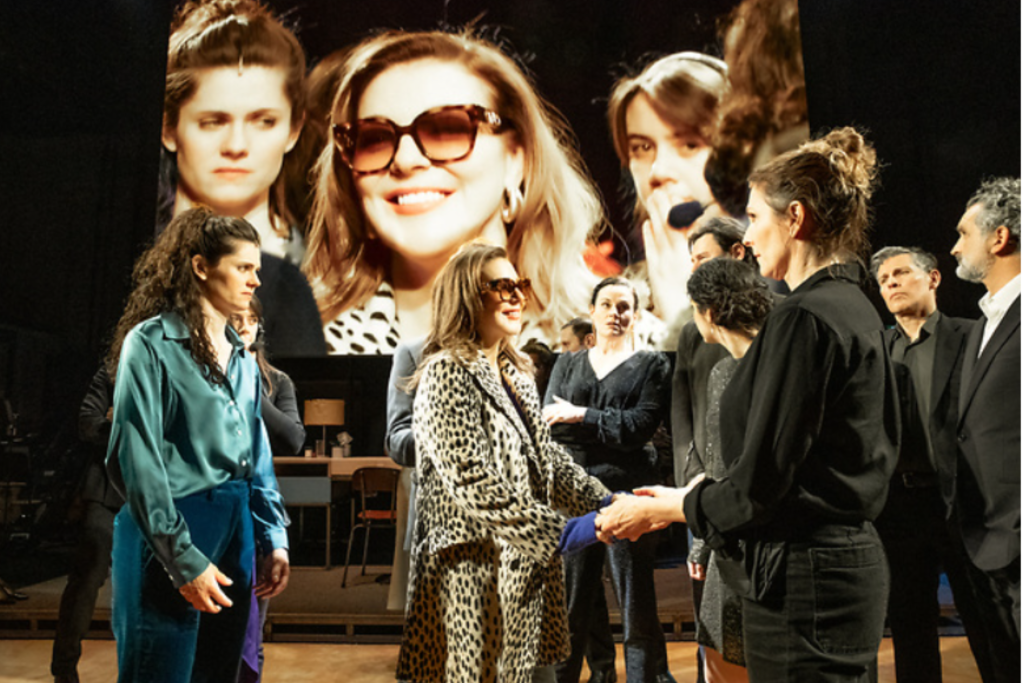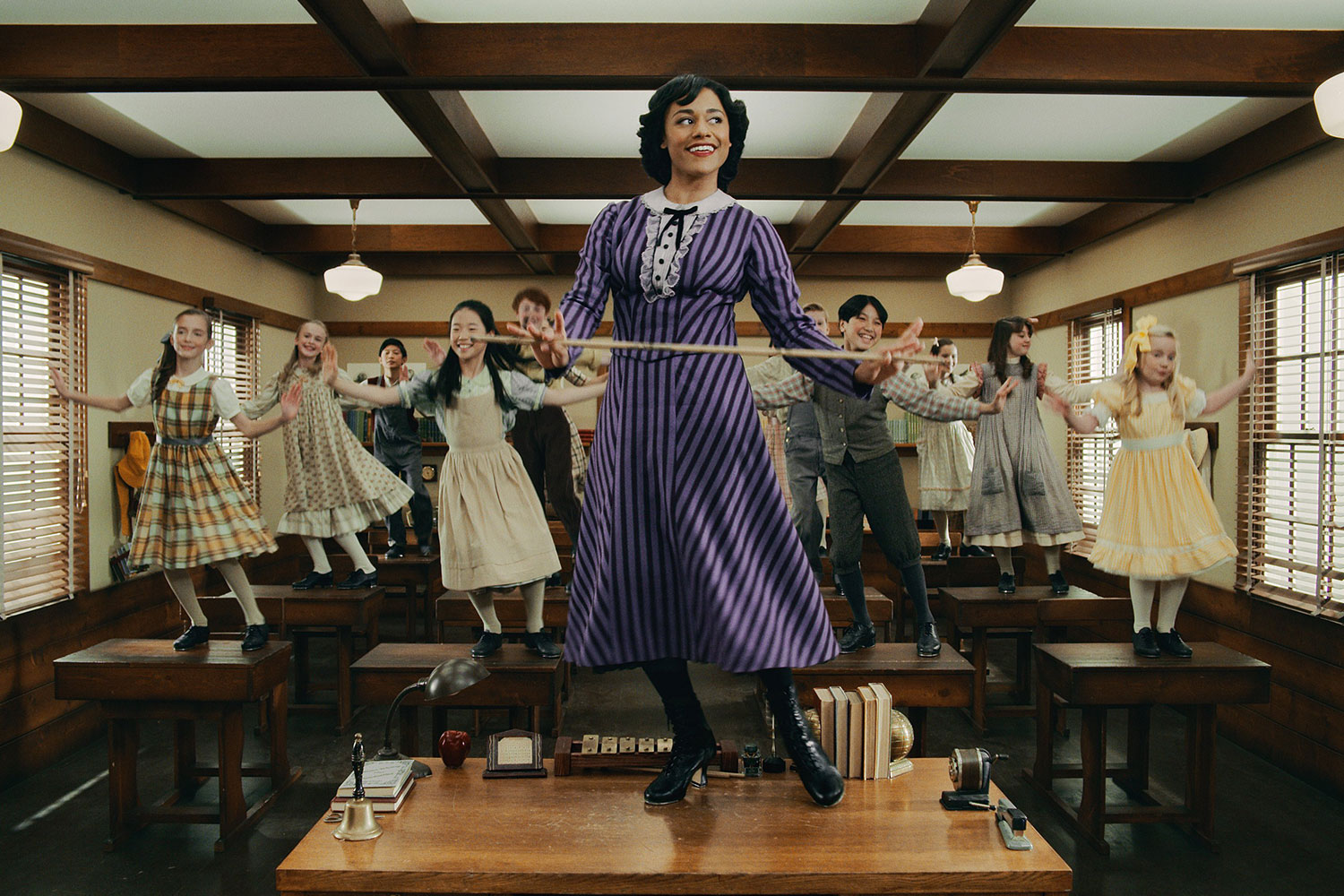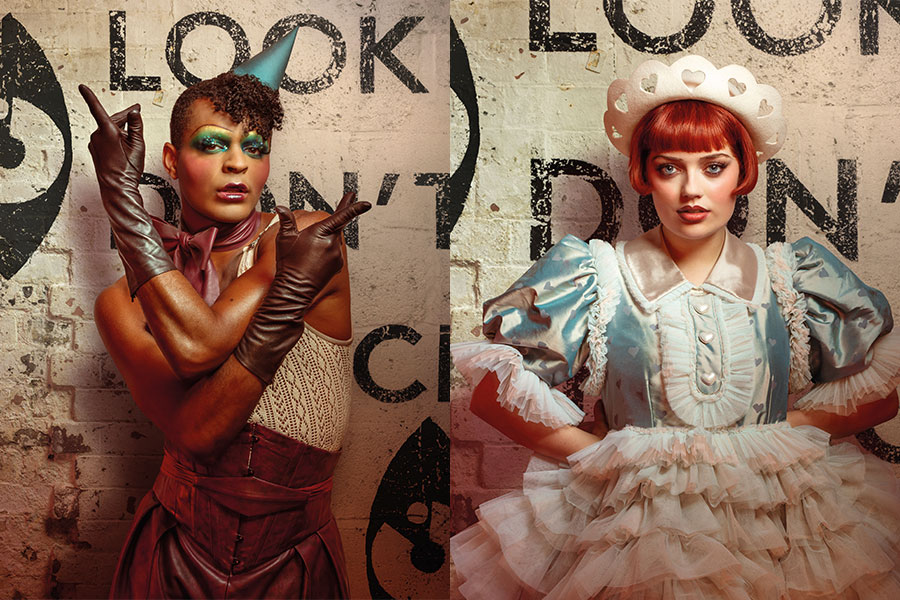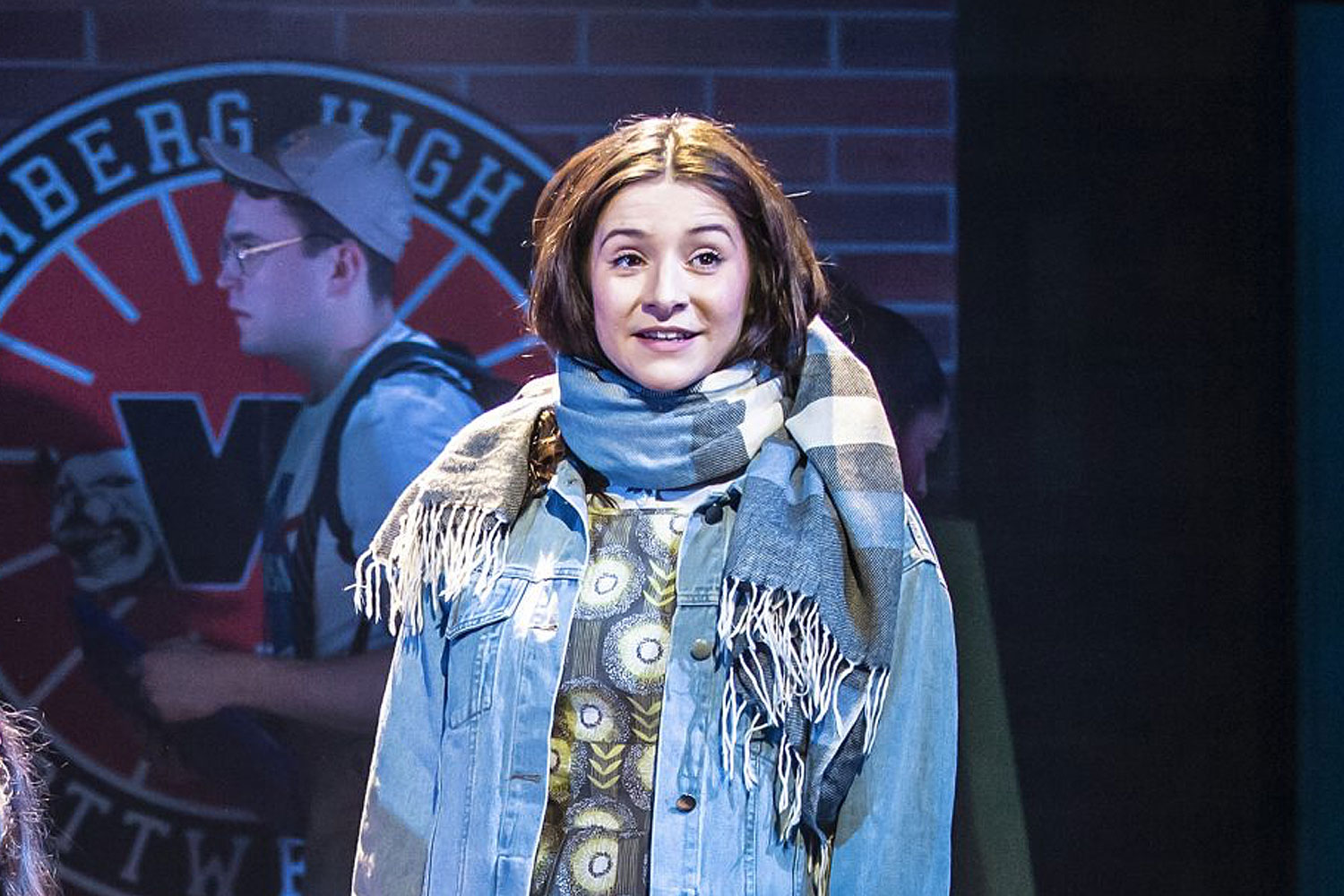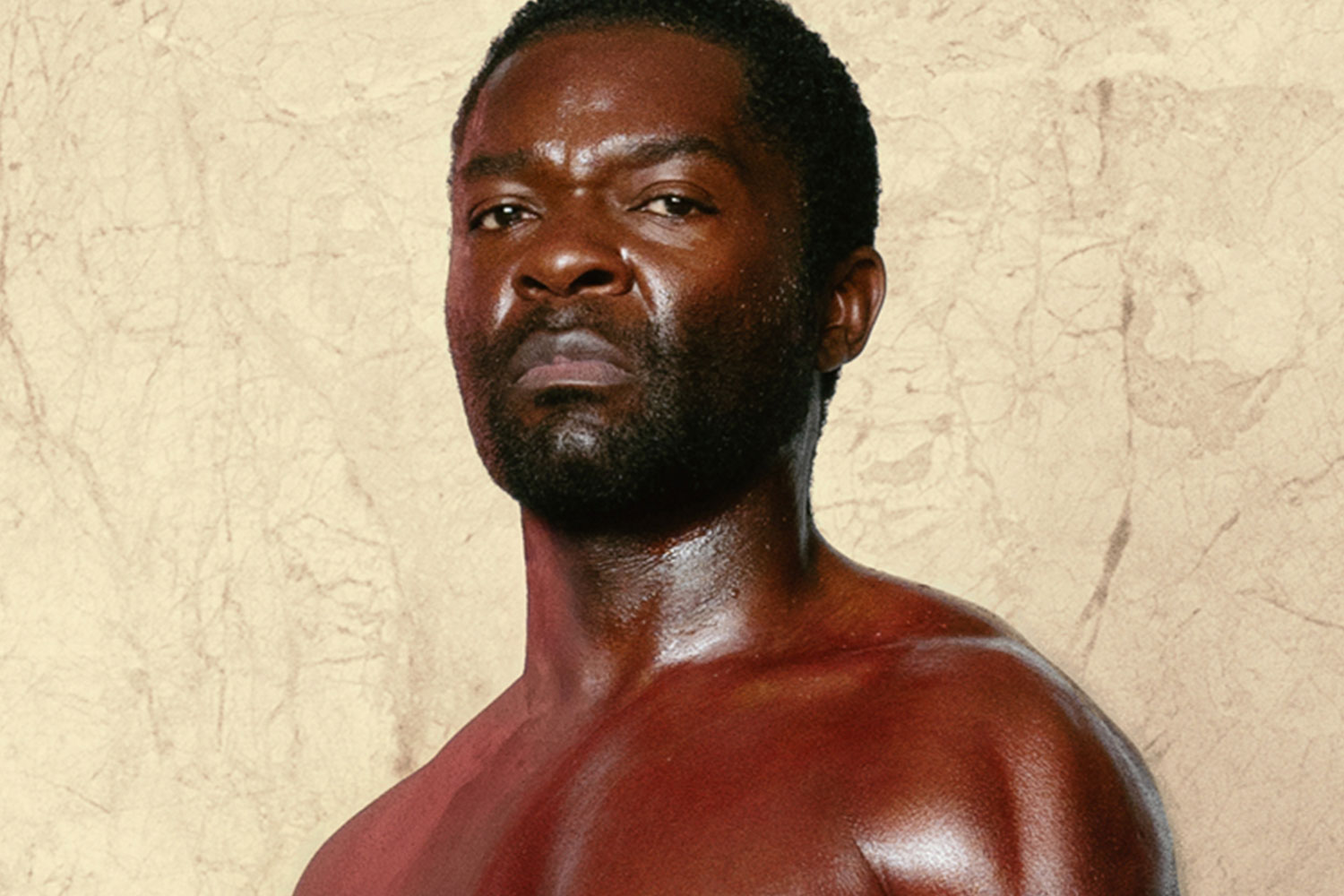The Glass Menagerie (Tour – Liverpool)
The suffocating heat of the Deep South is well reflected in the suffocating atmosphere of Tennessee Williams’ play The Glass Menagerie, played out with devastating effect at the Liverpool Playhouse.
This production by the Salisbury Playhouse with Shared Experience takes us right into the heart of the action with an intimate set depicting a small run-down flat adjacent to an ugly fire escape at the back of a downtown tenement building. Here live the Wingfield family, in this semi-autobiographical tale of Williams’ life.
In this small dark space we see the drama of lives half lived. Williams is the narrator, bashing away at his typewriter, but also taking the part of Tom Wingfield (Patrick Kennedy), who lives with his frustrated mother Amanda (Imogen Stubbs), and his frighteningly shy crippled sister, Laura (Emma Lowndes) who spends her time helping in the house, playing old records, and collecting glass animals – a glass menagerie.
The author and Tom seamlessly exchange places in this story where he is reliving, in his mind, the past and his memories, which are shaping his future. The 1930s Depression has hit the country and everyone needs some form of escape. Amanda reminisces about how ‘gentleman callers’ could come and woo her. Her own husband ‘a telephone man’, and a ‘charmer’ has taken to drink, and taken to the road, leaving the three of them to get on as best they can.
Stubbs is Amanda, first the demure southern belle, next the cruel mother frustrated in reduced circumstances. She is totally believable and attacks the part with fervour. Her daughter, the fragile of mind Amanda, is played with great delicacy by Lowndes and the characterisation beautifully realised.
Kennedy’s Tom/Williams shows just the right amount of normality, if Tennessee Williams could be called ‘normal’ for he too had a fragility of mind that tormented him all his life. But Tom does have a job, in a warehouse, and escapes the house daily. But he dreams of escape and goes out each evening to watch the movies. Eventually he leaves altogether to find his dream.
In order to find her daughter a young man Tom is asked to bring a friend home for tea. The ‘gentleman caller’, (Kyle Soller) turns out to be someone Laura admired at school but was too timid to acknowledge. She is too shy to join them at table, but later he chats to her, and encourages her out of her shell. He even dances and kisses her. Laura is overwhelmed, but when it turns out he has a long-term girlfriend hopes and dreams are dashed again. Soller admirably demonstrates a range of emotions from cocky young fellow to a young man with uncertainties about his future.
Projected onto a back screen are 30s films of young people at beautiful balls, wild western movies and evidence of the Depression. These enigmatic scenes add to the richness of the production.
The pace never slackens and we await the next turn of phrase from such a wonderful writer. The dim lighting creates an atmosphere within which we know there is little hope, and the tinkle-y music, when it appears, emphasises the fragile lives of the four protagonists, analogised through the glass figures.
This is a fantastic production, totally enjoyable from curtain up, and the whole company deserve the highest accolades.
-Jeanette Smith




